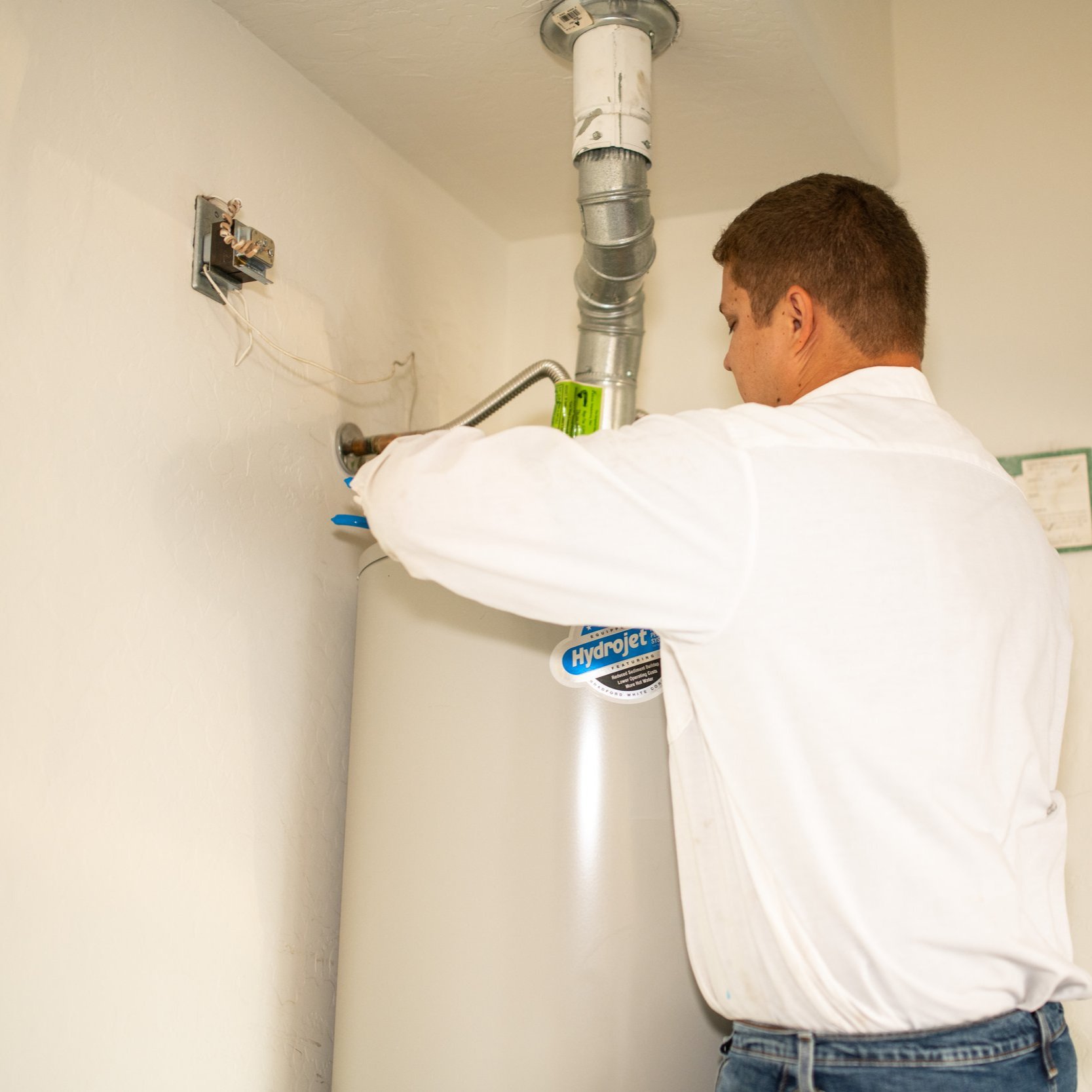The Role of a Quality Plumbing System
A well-functioning plumbing system promotes cleanliness, prevents waterborne diseases, and ensures a healthy living environment.
A quality plumbing system is essential for maintaining proper home hygiene. These systems comprise a network of pipes, fixtures, and appliances that ensure a safe, clean water supply and efficient wastewater removal. A well-functioning plumbing system promotes cleanliness, prevents waterborne diseases, and ensures a healthy living environment. Consider the following ways in which a quality plumbing system contributes to home hygiene.
Access to clean water
A quality plumbing system provides access to clean, potable water for various household activities. Clean water is vital for drinking, cooking, bathing, brushing teeth, and cleaning. Plumbing systems that are well-maintained and free from contamination ensure that residents have a safe and quality water supply free from harmful bacteria, viruses, and other contaminants. It is essential to regularly test the water quality to ensure its cleanliness and safety.
Proper sanitation and waste removal
Effective waste removal is a critical aspect of maintaining home hygiene. A quality plumbing system ensures the prompt and proper disposal of wastewater and sewage, preventing odors, bacteria growth, and the spread of disease. The drainage system and sewer pipes transport wastewater away from the home, preventing it from accumulating and posing health risks. Regular plumbing system maintenance helps ensure the efficient removal of waste and prevents potential backups, so homeowners should regularly clean the drains, inspect the pipes, and clear blockages.
Prevention of waterborne diseases
Waterborne diseases, such as giardia, norovirus, and cholera, are often caused by contaminated water. A well-designed and maintained plumbing system prevents the entry of harmful pathogens into the water supply. Cross-connection prevention devices, backflow preventers, and regular water quality testing are important measures that help safeguard the water from contamination and ensure the health and safety of the household. It is also important to properly disinfect and maintain water storage tanks, if applicable, to prevent bacterial growth.
Adequate ventilation to prevent mold and mildew
Proper ventilation is crucial for maintaining home hygiene and preventing mold and mildew growth. Bathrooms, kitchens, and other areas with plumbing fixtures are prone to high humidity and moisture. A good plumbing system includes adequate ventilation, allowing humidity and moisture to escape and reducing mold and mildew risk. Properly installed exhaust fans, windows, and ventilation systems help maintain a clean and healthy environment, prevent odors, and reduce the risk of respiratory issues.
Reliable functionality of plumbing fixtures
Well-maintained plumbing fixtures are vital for maintaining cleanliness and hygiene in the home. A quality plumbing system ensures that fixtures such as faucets, toilets, and showers operate smoothly without leaks or malfunctions. Properly functioning fixtures allow for effective handwashing, showering, and cleaning, ensuring residents can easily maintain personal hygiene and cleanliness. Regular maintenance helps ensure the reliable functionality of plumbing fixtures, so homeowners should regularly check for leaks, replace worn-out parts, and clean aerators.
Prevention of water damage and moisture-related issues
A good plumbing system is designed to prevent water leaks and damage in the home. Timely repairs and regular maintenance help identify and address potential issues, such as leaking pipes or faucets. Homeowners can minimize the risk of mold, structural damage, and associated health hazards by preventing water damage. Insulating pipes, properly sealing joints, and regularly inspecting plumbing connections help prevent leaks and water-related issues.
Water conservation
A well-functioning plumbing system also promotes water conservation, which is crucial for both environmental sustainability and home hygiene. By installing water-saving fixtures such as aerated faucets and low-flow toilets and practicing efficient water usage habits, homeowners can reduce water waste and contribute to preserving this valuable resource. Conserving water also helps maintain adequate water pressure and ensures a reliable water supply for household activities.
A quality plumbing system is crucial in maintaining home hygiene by providing access to clean water, ensuring proper sanitation and waste removal, preventing waterborne diseases, promoting ventilation, preventing water damage, and encouraging water conservation. Regular maintenance, prompt repairs, and using quality materials help ensure the efficiency and functionality of the plumbing system. By prioritizing the maintenance of the plumbing system, homeowners can create a clean and healthy living environment for their homes.
MNS Plumbing is here to help with all your garbage disposals, dishwasher installation, water purification, and other plumbing installation requirements. Serving the entire Phoenix, AZ Greater Metro Area, you can count on us to keep your home safe all year round.

